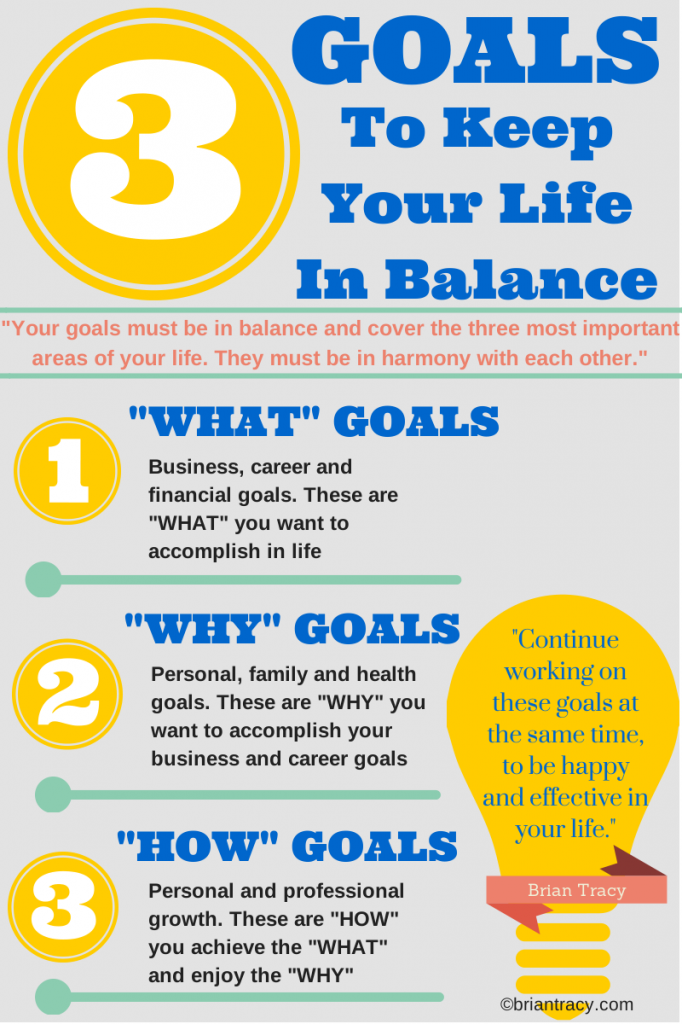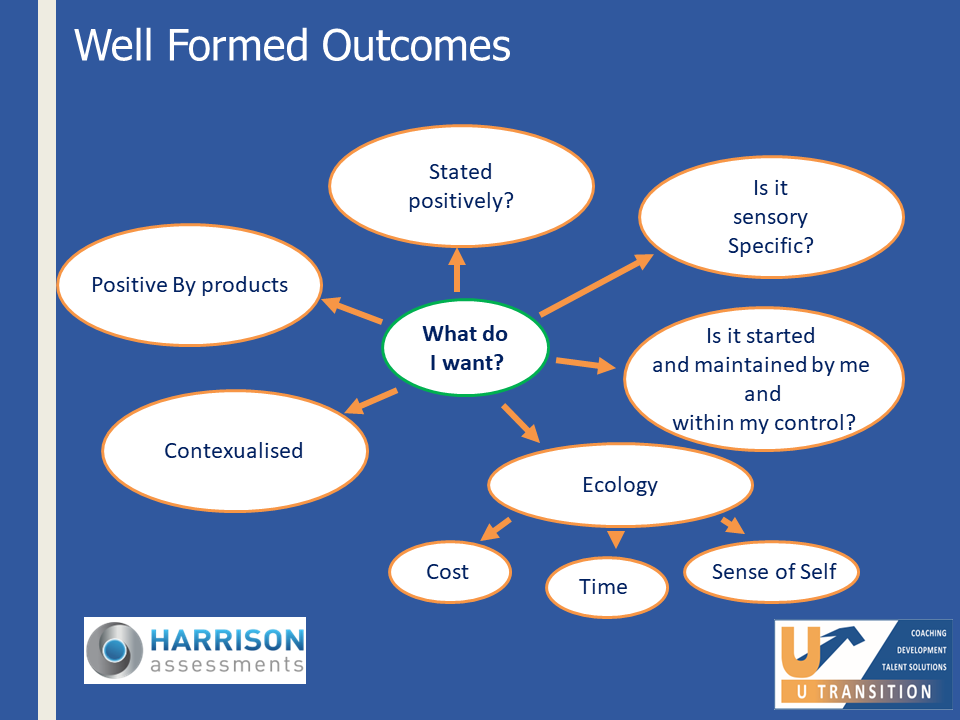
 Absolutely!
Absolutely!
Whether you are a leader in an organisation, or a business owner, you hopefully already have business goals and objectives laid out as part of helping you deliver your role in the business. (this article explains why this is important )
However, the reality is that there are many different types of goals that apply to all areas of our life not just work and an art to setting them well and in a way that will be enable you to achieve and sustain results. If we are to be fulfilled, competent and fully rounded as leaders we have to consider more than the day to day work objectives and build in what else is important to us.
 “Alice: Would you tell me, please, which way I ought to go from here? The Cheshire Cat: That depends a good deal on where you want to get to.” – “Alice: I don’t much care where -The Cheshire Cat: Then it doesn’t much matter which way you go. Alice: -so long as I get somewhere…The Cheshire Cat: Oh, you’re sure to do that if you only walk long enough.” (‘Alice’s Adventures in Wonderland’ by Lewis Carroll, 1865.)
“Alice: Would you tell me, please, which way I ought to go from here? The Cheshire Cat: That depends a good deal on where you want to get to.” – “Alice: I don’t much care where -The Cheshire Cat: Then it doesn’t much matter which way you go. Alice: -so long as I get somewhere…The Cheshire Cat: Oh, you’re sure to do that if you only walk long enough.” (‘Alice’s Adventures in Wonderland’ by Lewis Carroll, 1865.)
The old adage of “if you don’t know where you are going, how will you know when you have got there” stands true in leadership setting. If we have no goals we will be busy fools, any path will do and will often get us nowhere.
First lets look at the difference between a goal vs an objective?
A goal is a high level statement of a desired outcome. It usually take place over a long (ish) time frame (perhaps 3 – 5 years) and is usually aligned to a business mission or purpose. For example, “to maximise profit”, to “deliver excellent customer service” or “become an industry leader in xx”. Goals are typically hard to measure in quantifiable units.
Goals will help you to
- set priorities, clarify your general direction and focus your effort, support overall decision making processes, help you understand and measure progress and motivate you.
An objective is a detailed expression of how that goal will be achieved. It’s usually much shorter in timeframe (usually a year but could be less) and several objectives can support achievement of one goal. For example “to increase turnover by 10% through the introduction of the new widget by the end of this financial year ” could be just one of several that delivers “maximised profits”. Objectives can be redefined and reset as they are achieved or as business priorities or performance changes . Good objectives should also be SMART (specific, measurable, achievable, realistic and timed) to be effective.
Objectives will help you to
- understand exactly what the business wants from you and what your role looks like in more detail, will help you make tough decisions when you focus on the objective, accurately measure and track progress, support and recognise your achievements, keep you on track.
What types of goals and objectives are there?
Business / Career / Leadership mindset and behavioural / Personal development / Professional or Educational development / Wellbeing / Health and Fitness / Relationship / Team and, and …..the list is endless.
Within your leadership role you need to decide which are important to you as part of your personal road map to sit alongside the goals and objectives set by the business. Knowing which goals you should be focussing on and are important to you can feel overwhelming, especially when you are starting out and perhaps it feels like you have so many goals!
If you don’t know where to start, a coach or mentor can help you to map out your ambitions, your big picture goals and help you to identify the priorities and then the objectives for each and help you see where there may be overlaps. It’s often easier to do this with someone else guiding you because of the amount of thinking and sorting that can be involved. When you work with a coach or mentor they can look after the “process”, that is the structure of the conversation, the asking of the questions, the offering of different perspectives and holding you accountable in away you might not do if you were working through the process alone. You then are free to purely focus on the “content”, the answers, the thinking and deciding, the outcomes.
 So what do you want for yourself in 5 years time? or 10 years time?
So what do you want for yourself in 5 years time? or 10 years time?
If the future you was describing what life and work was like what would they say?
How does that inform your goal choices today?
If the you of the future looked back to today, where did you start? What did you do first?
This neat model by Brian Tracey sums up quite nicely the 3 big chunk goal areas that can be useful to consider and how several goals can serve you as a whole human. Not just the work you or the home life you. Your “What, Why and How” goals.
Tips for success
Prioritise those really important goals – if you have a list of 30 things you wont achieve many (or any) of them no matter how well intend you are. Focus instead on prioritising what is really important to you and know why it’s important. You will be more likely to stick with it. A maximum of 3 at a time to work on is a good rule of thumb. Move onto the next most important as you achieve the ones further up your list.
Write them down – Sounds obvious, not everyone does. …….and have them visible and easy to access and refer to. Track your progress and seek feedback.
Involve other people in the process – whether that is to help you formulate them or hold you accountable through the delivery of them, or give you feedback along the way, when we involve others it helps us to stay on track and can also help when we fall off track.
Align goals to your values – if your goals aren’t aligned to your values you will not achieve them. We are not made to behave in a way which goes against our values, something will give eventually and it will be the goal. If you are unclear about your values a values elicitation exercise can help give you clarity.
Start small, change only one behaviour at a time – small consistent changes in habits make for big changes over time. When we try and make huge changes to our behaviours we tend to find them extremely difficult to stick with. By starting small with behavioural change you are more likely to stick to it especially under times of stress and pressure and for the longer term. Try to tie behavioural changes into existing habits if you are able to. (eg, if you are wanting to give more feedback can you build 1 feedback item into every 121 or every meeting that you already have rather than doing it as a new activity ?)
Ask for support – knowing not only when you need support but who is the best person or people to go to get that support is beneficial. (do you want advice, to be shown, to be challenged, to be listened to etc) Be prepared to have more than one support person rather than one person who supports you in everything.
Use SMART objectives – the clearer the picture of what you are setting out to achieve, the more likely you will be to get there and to know when you have been successful (or not) and when adjustment may be required.
 Use Well formed outcomes – this brilliant NLP tool (Neuro Linguistic Programming) will help you to consider the what’s in it for me factor – is it worth it, do I really want it, what’s the cost? ……and will I stick to it?
Use Well formed outcomes – this brilliant NLP tool (Neuro Linguistic Programming) will help you to consider the what’s in it for me factor – is it worth it, do I really want it, what’s the cost? ……and will I stick to it?
Use clean language – another NLP tool. State goals and objectives in the positive not the negative i.e. what do you want ? Rather than what you don’t want.( eg) I want to get health, fit and achieve a healthy weight vs I want to lose weight or I don’t want to be unfit anymore)
If you would like to explore any aspect of goal and objective setting, values elicitation or simply discuss moving your leadership forwards, then please book a strategy call using my Calendly link. Book a Strategy call now
